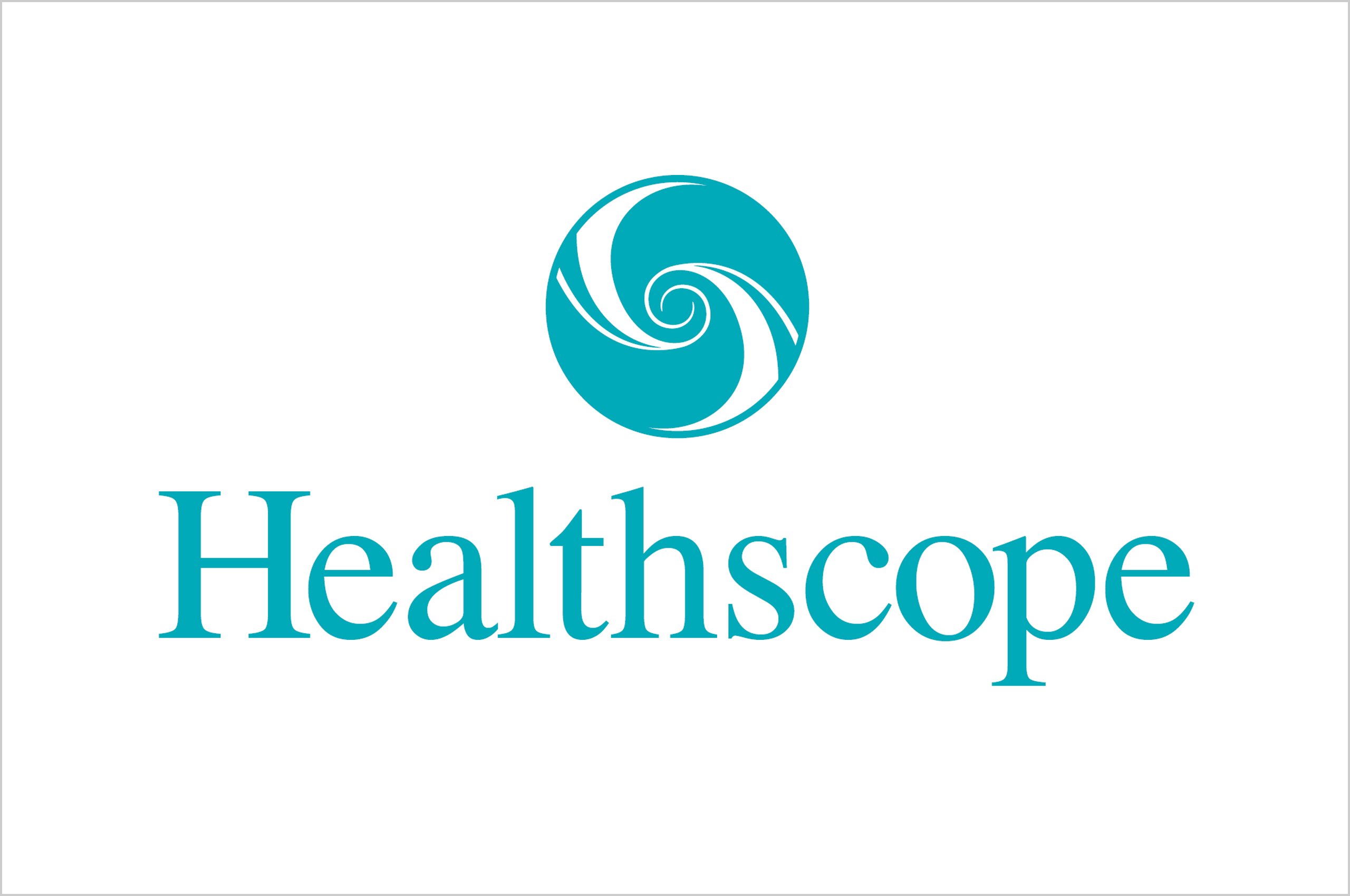Healthscope

The partnership between Healthscope and La Trobe University is developing world-class, evidence-based services to improve health, safety and the patient experience.
Based on an Implementation Sciences Framework, La Trobe University and Healthscope have formed a strong industry partnership to foster world-class, evidence-based services to improve health, safety, patient outcomes and the patient experience.
It is supported by exceptional consumer engagement, clinical education and training for students, researchers and clinicians.
And it embraces La Trobe University and Healthscope’s shared values: to provide the highest standard of healthcare; to work together to achieve goals; to be creative and visionary; and to make responsible decisions with a balanced focus on consumer outcomes and service excellence.
About Healthscope
Healthscope is committed to delivering high quality evidence-based healthcare to improve patient outcomes and reduce unwanted variability in care.
It is a leading provider of private healthcare services in Australia with over 40 private hospitals nationwide, and over 25,000 health professionals. Healthscope’s portfolio includes acute hospitals, mental health facilities, community outreach, home services, digital healthcare and rehabilitation hospitals.
Healthscope hospitals are fully accredited by the National Safety and Quality Health Service Standards, a mandatory set of standards established by the Australian Government for all public and private hospitals. Hospitals are measured against criteria including patient-centred care, medication management, clinical handover, infection prevention and staff education.
Healthscope supports transparent reporting of healthcare data. To provide consumers with information about performance, its website features data measuring the quality and safety of its hospitals.
Research
The research partnership between Healthscope and La Trobe University aims to improve the patient experience, patient outcomes, healthcare quality and safety, and to achieve best practice in service provision.
The partnership builds capability and capacity in the workforce. Healthscope and La Trobe University co-partner with consumers and stakeholders in research that is quickly translated to the clinical setting, to the immediate benefit of patients, families and the healthcare workforce.
The research team's programs encompass:
Education
The research partnership between Healthscope and La Trobe University provides clinical education placements for allied health and nursing students across acute hospitals, rehabilitation centres and mental health settings.
Each year Healthscope hosts hundreds of La Trobe students on clinical placement across ten sites. Disciplines include nursing, social work, physiotherapy, speech pathology, occupational therapy and health information management.
Clinical education is a key component of preparing students to become work-ready graduates that serve the health sector and our communities. La Trobe collaborates closely with Healthscope partners to ensure students receive quality professional learning experiences that complement critical teaching content, integrate theory with application and ensure students gain essential working knowledge of current industry practice.
- Shaw L, Kiegaldie D and Morris ME (2020) Educating Health Professionals to Optimise Falls Screening in Hospitals, BMC Health Services Research, 20(1): 54. Read the paper
- Heng H, Jazayeri D, Shaw L, Kiegaldie D, Hill AM and Morris M (2020) Hospital Falls Prevention with Patient Education, BMC Geriatrics, 20: 140. Read the paper
- Naseri C, McPhail SM, Haines TP, Morris ME, et al. (2020) Perspectives of Older Adults Regarding Barriers and Enablers to Engaging in Fall Prevention Activities After Hospital Discharge, Health and Social Care in the Community, doi: 10.1111/hsc.12996. Read the paper
- Wenzel LA, White J, Sarkies MN, Morris ME, et al. (2020) How do Health Professionals Prioritize Clinical Areas for Implementation of Evidence Into Practice? A Cross-sectional Qualitative Study, International Journal of Evidence-Based Healthcare, doi:10.1097/xeb.0000000000000217. Read the paper
- Slade SC, Bruce C, McGinley JL, Bloem BR and Morris ME (2020) Patient and Care Partner Views on Exercise and Structured Physical Activity for People with Progressive Supranuclear Palsy, PLoS ONE, 15(6), doi: 10.1371/journal.pone.0234265. Read the paper
- Carroll LM, Morris ME, O’Connor WT and Clifford AM (2020) Is Aquatic Therapy Optimally Prescribed for Parkinson’s Disease? Journal of Parkinson's Disease, 10(1): 59-76. Read the paper
- Proud E, Morris ME, et al. (2020) Hand Dexterity Assessment in Parkinson’s Disease: Construct Validity of the 9-Hole Peg Test for the More Affected Hand, Disability and Rehabilitation, doi: 10.1080/09638288.2020.1754474. Read the paper
- Proud EL, Miller KJ, Bilney B, Morris ME and McGinley JL (2020) Construct Validity of the 9-Hole Peg Test and Purdue Pegboard Test in People With Mild to Moderately Severe Parkinson's Disease, Physiotherapy, 107: 202-208. Read the paper
- Slade SC, Finkelstein DI, McGinley JL and Morris ME (2020) Exercise and Physical Activity for People with Progressive Supranuclear Palsy, Clinical Rehabilitation, 34(1): 23-33. Read the paper
- Tamplin J, Morris ME, et al. (2020) ParkinSong: Outcomes of a 12-Month Controlled Trial of Therapeutic Singing Groups in Parkinson’s Disease, Journal of Parkinson's Disease, doi: 10.3233/jpd-191838. Read the paper
